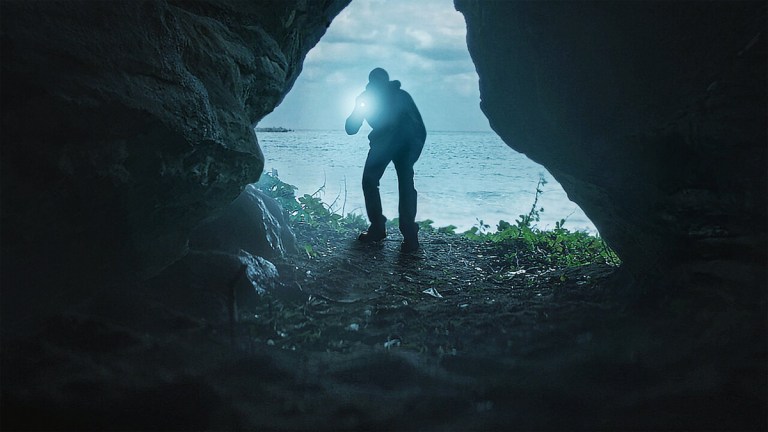Netflix’s Lucie Blackman Documentary Leaves Too Many Women’s Stories Untold
True-crime doc Missing: The Lucie Blackman Case skips over crucial details about the full impact of the investigation into the British woman’s disappearance in Japan.

WARNING: This article contains spoilers for Missing: The Lucie Blackman Case
When the Prime Minister intervenes in a missing person’s case, it’s enough to make the world sit up and take notice, especially in a pre-social media age.
And as Netflix’s latest true-crime documentary shows, that’s exactly what happened when 21-year-old British tourist Lucie Blackman disappeared in Tokyo back in 2000. In Missing: The Lucie Blackman Case, we see that securing UK Prime Minister Tony Blair’s involvement in the investigation was largely the work of Lucie’s father Tim, who worked tirelessly to achieve widespread international media coverage in a bid to convince the Japanese police to take her case more seriously.
The documentary claims that the police’s initial apathy towards Lucie’s disappearance is because, sadly, young women went missing in Tokyo all too often, although usually for benign reasons. So, Tony Blair aside, what makes Lucie’s case worthy of a Netflix documentary?
The answer lies in the investigation’s harrowing outcome: tracking Lucie down leads detectives to discover serial rapist and murderer Joji Obara, who is believed to have assaulted up to 400 women, killing at least two, including Lucie, whose body was found buried in a cave. Search of Obara’s properties reveals that he’d filmed each of his violent attacks and documented them in a deranged journal.
This discovery should have rapidly expanded the documentary’s potential from one woman’s tragic story to that of hundreds of women – many of whom remain unidentified – but Missing: The Lucie Blackman Case keeps its focus narrow.
We do hear some details about Obara’s other known murder victim – 22-year-old Australian model Carita Ridgway – who had a fatal reaction to the chloroform Obara used to drug her during his attack. The other victims, however, are largely overlooked, even though we discover that several women had previously come forward to report being raped by Obara (the police declined to investigate their claims), and that Obara was eventually tried for the rape of eight women as well as Blackman and Ridgway’s murder.
None of the other victims’ stories are told in this Netflix documentary, and we get scant information about how many of the hundreds of women police were able to identify, or why Obara wasn’t tried for more of his crimes. Other crucial details are skimmed over, too, including why the initial trial found Obara not guilty of any crimes relating to Blackman (there was a lack of forensic evidence linking him to her murder, including her body being discovered too late to be able to show a specific cause of death). Thankfully, this decision was partially overturned on appeal in 2008.
It’s touching to learn that the unfailing tenacity of Lucie’s father indirectly helped to bring this about for many more women than just his own daughter. Drawing attention to Lucie’s case secured a proper investigation, without which it’s unlikely that Obara would ever have been brought to justice.
But it’s a travesty that, as is disappointingly common in cases like these, it took a privileged white man to get the police to listen when several of Obara’s victims had already come forward and been dismissed – another key detail the documentary fails to address properly.
And while we see the admirable work of Japanese police who refused to give up on Lucie’s case, and the touching moment where we learn they travelled to England to visit her grave, and have a yearly memorial at the cave where she was found, we don’t see any similar tributes or ongoing concern for the other victims.
While Missing: The Lucie Blackman Case doesn’t do enough to give a voice to any of Obara’s hundreds of other victims, and his eventual conviction for 10 out of a possible 400 victims isn’t true justice in any sense of the word, we do at least see that the victims get a diluted form of justice: Obara will never be a free man again.
Missing: The Lucie Blackman Case is out now on Netflix.
